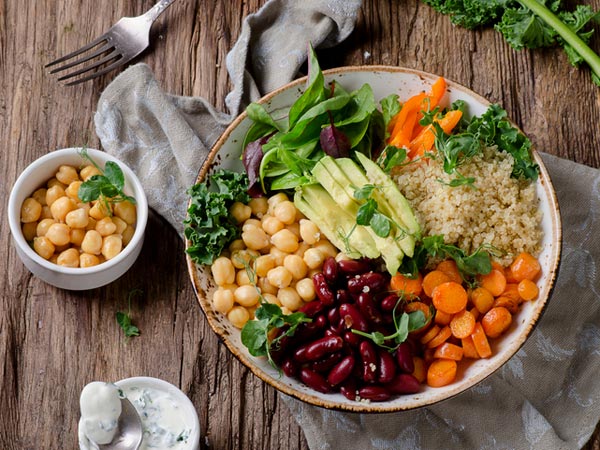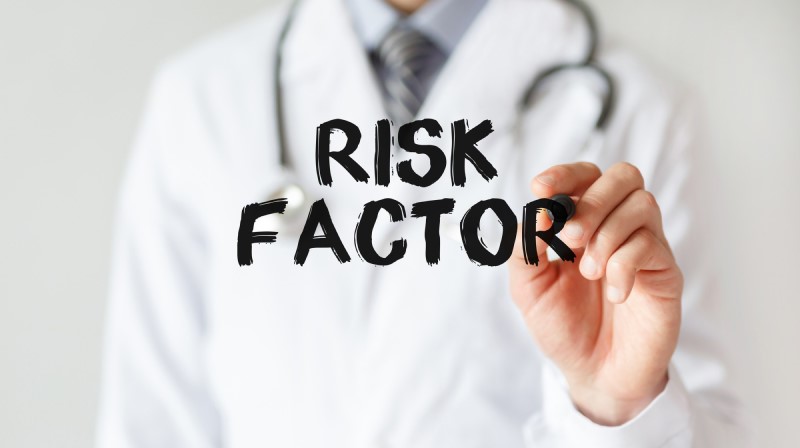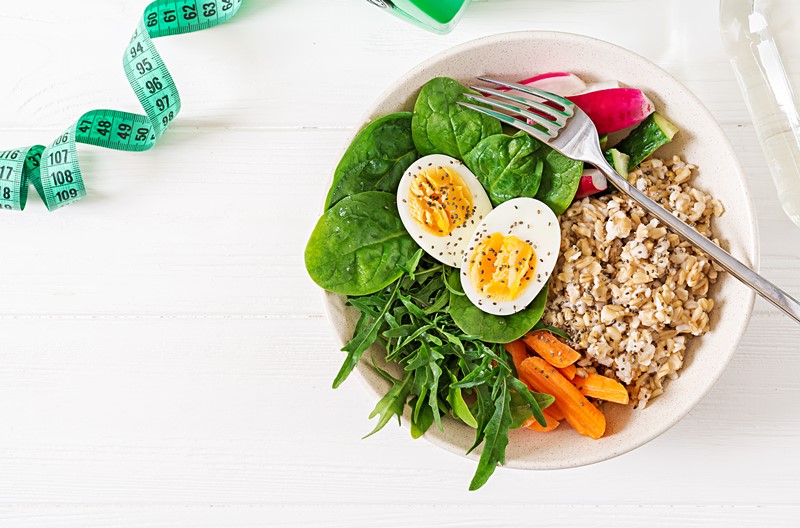Preventative medicine is rapidly becoming the focus of many doctors who would prefer to help their patients prevent rather than treat a disease like diabetes. Ninety percent of diabetes diagnoses are Type 2, which is the most common and preventable version of this disease. Twenty-nine million Americans are diagnosed with diabetes every year. Dr. Hall believes that this disease can be reversed and many of her patients have not only reported significantly lowered A1c levels (the 3-month average of blood glucose levels), but their physicians have taken them off a majority of their medications, which may include oral medications and regular insulin injections. Proving that prevention works. Let’s see the importance of diabetes diet.
Read the full article at: www.huffingtonpost.com
Dealing with Type 2 diabetes is very difficult, as one’s should always know how many carbs diabetes diet a day. Furthermore, preventing such disease can be extremely difficult as we do not have the exact figure or we tend to eat mindlessly. In such situation, DietSensor encourages your fight against diseases linked to nutrition by indicating clearly the amount of Carbs presents in your meal, gives advices about nutrition and guide you to have a healthy lifestyle. Fighting diabetes with diet is made easy. The DietSensor app is for people who need to control their daily food intake, especially those who want to effectively tackle weight loss, to reverse diabetes with diet and exercise, cholesterol, blood pressure or other chronicle diseases related to nutrition.




